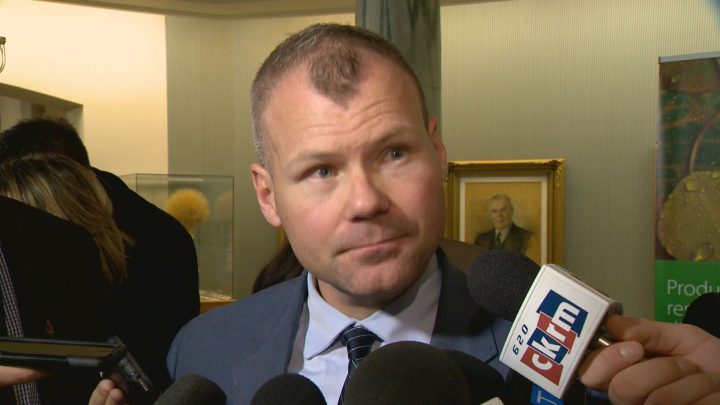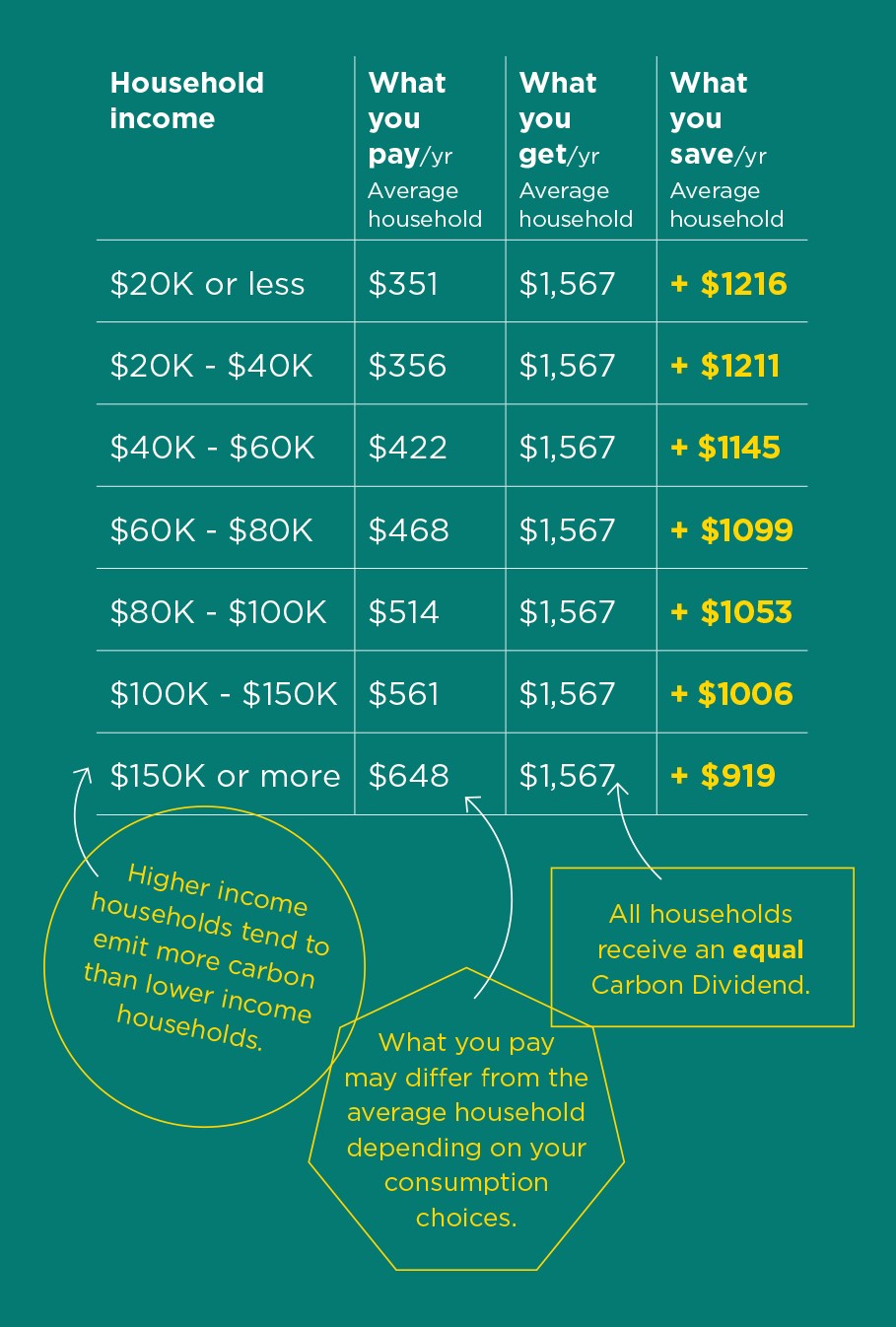A new study from Canadians for Clean Prosperity (CCP) suggests the average Saskatchewan household would see more than an additional $1,000 per year through carbon tax dividends.

The study uses the federal backstop, which is expected to start in January, 2019 in jurisdictions that do not have a climate plan that meets federal standards. The price of carbon in this model is $20 per tonne, rising $10 annually until capping at $50 per tonne in 2022. The study focuses on Saskatchewan, Ontario and Alberta.
The study says a $20 per tonne tax would mean roughly an extra 4.5 cents per litre for gasoline and $1.00 per gigajoule for natural gas; translating to a few hundred extra cost of living dollars annually through direct and indirect costs.
Ottawa has said that all money collected through a carbon tax would stay in the province it came from.
Paying collected money back as a per capita dividend has been suggested as a way of distributing carbon tax money, and that’s the model CCP looks at.

Get daily National news
In 2020, with carbon tax at $30 per tonne, the CCP predicts the lowest income Saskatchewan households (under $20,000 annually) would pay and extra $351 annually for regular expenses. The highest (over $150,000 annually) would pay $648.
All predicted Saskatchewan rebate cheques would be worth $1,567.
With dividend cheques, the CCP predicts total money coming into households could range from $1,216 to $916 depending on the income bracket. This model assumes all money collected would be given back to households.
“Again, we see that the largest benefit goes to the lower income families, and to those in the more emissions intensive provinces of Alberta and Saskatchewan,” the report says.
Saskatchewan Environment Minister Dustin Duncan says that returning money to families still does not help industry competitiveness and the economy overall.
“They’re going to take dollars from heavy emitters and return those to individuals that goes straight to our point on competitiveness Duncan said.
“What this seems to suggest is the federal government is going to do is take those dollars from heavy emitters and return them to families, which calls into questions what we’ve been calling into question from the beginning; what does this do to the competitiveness of Canadian industry?”
Duncan added that while individuals would get payments, it raises the question of what happens to individuals who work in industries that stand to see the biggest impact from a carbon tax.
Ottawa has announced plans to tax fewer emissions coming from trade exposed industries like steel.
The executive director of CCP is Mark Cameron, who formally worked as director of policy and research and a senior policy advisor in the Prime Minister’s Office from 2006 to 2009 under then Prime Minister Stephen Harper.
- NDP to join Bloc in backing Liberals against non-confidence vote
- Macron and Trudeau will meet in Canada next week. What’s on the agenda?
- N.B. election: Higgs went to ‘very dark place’ with Liberal joke, opponent says
- Ethics commissioner will not investigate Boissonnault over ‘Randy’ texts, says the matter is closed







Comments